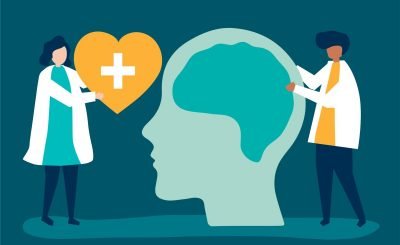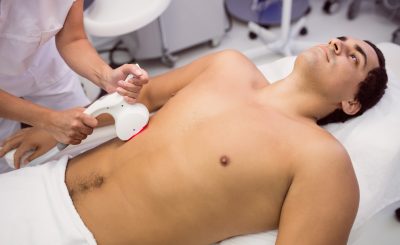
Having a good sound sleep is very critical not only in the early phases of development in children but it is also important in adults. But nowadays due to the hectic schedule, having a good sound sleep for 8 hours has become a distant dream. Anxiety and depression were the main culprits for the lack of sleep. The importance of sleep for proper health has been very well established. With the advent of technology, there are several new wearables available to counteract the sleeping troubles. For instance, there was one ear-massaging acupressure device for enhanced sleep by reducing the stress and anxiety.
Further, taking short naps during the day helps to recharge our batteries. Now, new research from the Saarland University in Germany has found that sleeping for one hour during the day improves memory by up to five times. Also, it boosted the productivity and learning potential in the test subjects who participated in the study.
The study carried out:
A total of 41 number of participants were involved in the study. Initially, the researchers showed 90 single words and 120 unrelated word pairs to the participants. The unrelated word pairs have no relation to one another. Hence it is very difficult to remember them. Immediately the participants were asked to memorise the words and word pairs. After the test half of the participants were asked to watch DVD’s and the other half of the participants were allowed to take a nap. Hippocampus is the region of the brain that is thought to play a central role in the consolidation and storage of new memories.
The sleeping participants were asked to sleep for 90 minutes. During this time, the scientists monitored sleep spindles- electrical activity of the brain in the hippocampus of the participants is measured using EEG. After the stipulated period of 90 minutes, both classes of participants were asked to recall the words and unrelated word pairs that were shown to them. To the surprise of the researchers, napping participants were able to recall five times better than the participants who watched DVD. The napping participants performed 500% better on memory tests.
Also Read: Philips Somneo smart connected lamp enhances your bedtime experience
The increase in hippocampus activity due to sleep help improve associative memory and recall. It is found that a slow wave sleep- i.e., sleeping for 30- 45 minutes helped enhance decision-making skills. On the other hand, the long wave sleep that lasted for 60-90 minutes was responsible for making new connections in the brain and also creative problem-solving skills.
The Research Study is published in the journal Science Direct.







